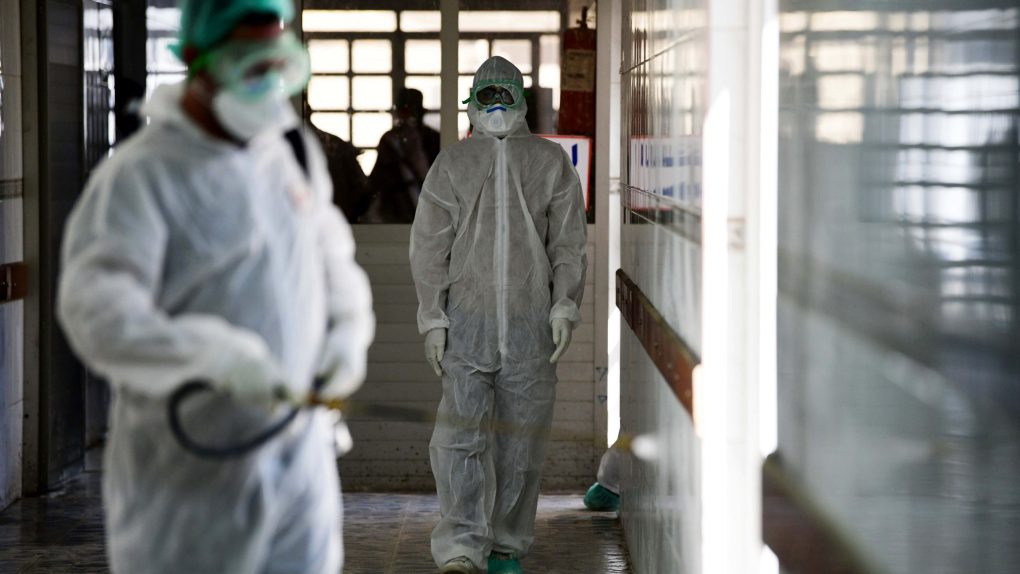- A new study funded by the National Institutes of Health found that the controversial hydroxychloroquine drug didn’t help coronavirus patients.
- The study included nearly 1,400 patients and concluded the anti-malaria drug wasn’t effective against the virus.
- This was an observational study, meaning the researchers did not control the actual therapy of patients, and they didn’t compare hydroxychloroquine to a placebo.
- Visit BGR’s homepage for more stories.
Touted as one of the most promising drugs in the fight against COVID-19, hydroxychloroquine is receiving increased resistance based on data that indicates the anti-malaria drug isn’t helpful against the novel coronavirus. Hydroxychloroquine and chloroquine received plenty of coverage in March for a variety of reasons. Anecdotal evidence showed that some COVID-19 patients recovered after being given the drug. But one person died ingesting a substance that sounded like the drug, and others poisoned themselves with similar-sounding products.
Studies that followed indicated the drug can have severe adverse effects on the heart that can be fatal, prompting researchers in Brazil and France to stop their studies. Results from the biggest hydroxychloroquine study yet come from US-funded research, and they indicate the medicine isn’t helpful in COVID-19 therapy.
Researchers from the New York-Presbyterian Hospital and Columbia University Irving Medical Center in New York City conducted the study that was funded by the National Institutes of Health. The results, published in the New England Journal of Medicine (via CNBC), aren’t good for hydroxychloroquine proponents.
Nearly 60% of the 1,376 coronavirus patients who were included in the study received the drug within 48 hours. The researchers found these patients were more severely ill than those who didn’t receive hydroxychloroquine. However, this was an observational study, meaning the doctors only analyzed the evolution of these cases as they were treated in the hospital, without managing the actual therapies of patients. A randomized clinical trial is needed to offer definitive proof of whether hydroxychloroquine can help COVID-19 patients.
A few weeks ago, the FDA warned consumers about hydroxychloroquine use outside of hospitals. Before that, the CDC changed the hydroxychloroquine guidelines that it provided on its website to include anecdotal dosage used by some doctors to treat COVID-19 patients.
CNBC says the New York State Department of Health, in partnership with the University of Albany, is conducting a second observational study that will try to determine the drug’s potential effectiveness. The researchers will be looking at the medical records of COVID-19 patients who died or recovered and look at the drugs that were prescribed.
While we wait for a more definitive answer about hydroxychloroquine, like the remdesivir study a few days ago, some doctors in the US and other countries might still use the medication to treat coronavirus patients. But patients suffering from lupus and rheumatoid arthritis actually need hydroxychloroquine, so you should avoid buying it in pharmacies. Call a doctor if you think you have been infected to determine the best course of action.








